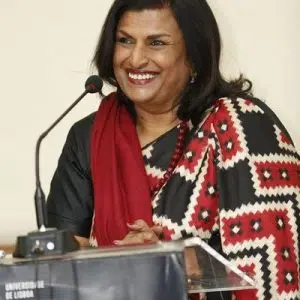Global Commission on the Stability of Cyberspace (GCSC)
Promoting Stability in Cyberspace to Build Peace and Prosperity
The Global Commission on the Stability of Cyberspace (GCSC) was launched in February 2017, published its final report in November 2019, and concluded its activities after the publication of the CyberStability Paper Series in December 2021.
The Global Commission on the Stability of Cyberspace (GCSC) issued its final report Advancing Cyberstability, as part of a panel held at the 2019 Paris Peace Forum. Stef Blok, Minister of Foreign Affairs of the Netherlands, Jean-Yves Le Drian, Minister of Europe and Foreign Affairs of France, and David Koh, Chief Executive, Cyber Security Agency of Singapore, launched the report and placed the findings in the context of ongoing global efforts to enhance international security in cyberspace. Commission Co-Chairs, Michael Chertoff and Latha Reddy, along with former Chair Marina Kaljurand, presented recommendations and commented on the strategic approach and work of the GCSC.
The report is available in English, Arabic, Chinese, French, Russian and Spanish. It represents the culmination of the Commission’s work over the last three years, offering a cyberstability framework, principles, norms of behavior, and recommendations for the international community and wider ecosystem.
We have reached the end of a twenty-five-year period of strategic stability and relative peace among major powers. Conflict between states will take new forms, and cyber-activities are likely to play a leading role in this newly volatile environment, thereby increasing the risk of undermining the peaceful use of cyberspace to facilitate the economic growth and the expansion of individual freedoms.
In order to counter these developments, the Global Commission on the Stability of Cyberspace develops proposals for norms and policies to enhance international security and stability and guide responsible state and non-state behaviour in cyberspace. The GCSC engages the full range of stakeholders to develop shared understandings, and its work will advance cyber stability by supporting information exchange and capacity building, basic research, and advocacy.
The Commission comprises 26 prominent independent Commissioners representing a wide range of geographic regions as well as government, industry, technical and civil society stakeholders with legitimacy to speak on different aspects of cyberspace.


